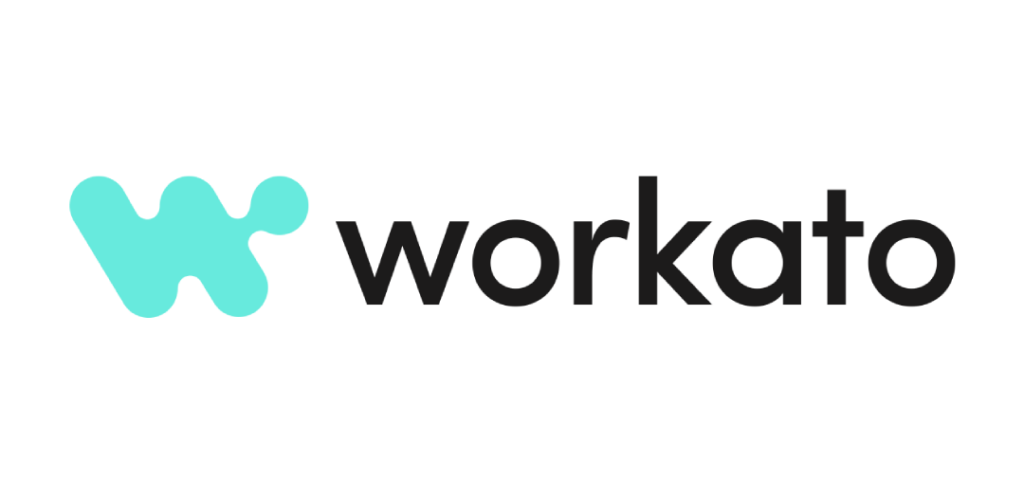In the rapidly evolving landscape of digital transformation, organisations continuously seek new ways to streamline their workflows and enhance operational efficiency. As a leading intelligent automation platform, Workato has emerged as a key player in democratising automation across departments. By providing a user-friendly and collaborative automation platform, Workato empowers teams across various departments to automate processes without the need for extensive technical expertise.
The Need for Automation in the Digital World
As businesses grow and technology advances, so do the complexities of business processes. These complex processes, when managed manually, are tedious, resource-intensive, menial, time-consuming, and prone to human error.
This has led organisations to recognise the importance of automating routine tasks and how it helps with small details such as reducing manual errors and accelerating the pace of their workflows. However, traditional automation solutions often require technical skills, making them inaccessible to those who do not possess such skills.
Automation with Workato
Workato has addressed the challenges associated with traditional automation by adopting a democratised approach. Instead of relying on a centralised IT team, Workato enables employees across different departments to participate in the automation process. The platform’s intuitive design and user-friendly interface allow business users to create, manage, and optimise automation workflows without extensive coding knowledge.
Workato’s Automation Key Features
Low-Code / No-Code Work Environment
Workato’s Low-Code / No-code(LCNC) model eliminates the need for extensive coding knowledge, making automation accessible to a broader audience.
Pre-Built Connectors
Workato’s extensive library of pre-built connectors helps streamline the integration process, allowing users to connect to different tools and systems seamlessly.
Collaborative Automation
Workato promotes collaboration by encouraging cross-functional teams to contribute to the automation process, breaking down silos and fostering a culture of innovation.
Adaptive Integration
Workato can handle complex data transformations and mappings, ensuring a smooth flow of information between different systems.
Conclusion
Workato’s commitment to democratising automation is reshaping how organisations approach process optimisation. As the technical barrier is removed, automation can be unleashed across organisations without having to rely solely on IT.
This democratisation of automation then leads to pockets of innovation hubs within your organisation. This can only bode well for the future of your organisation, in what is expected to be a turbulent, and disruptive digital business environment.



